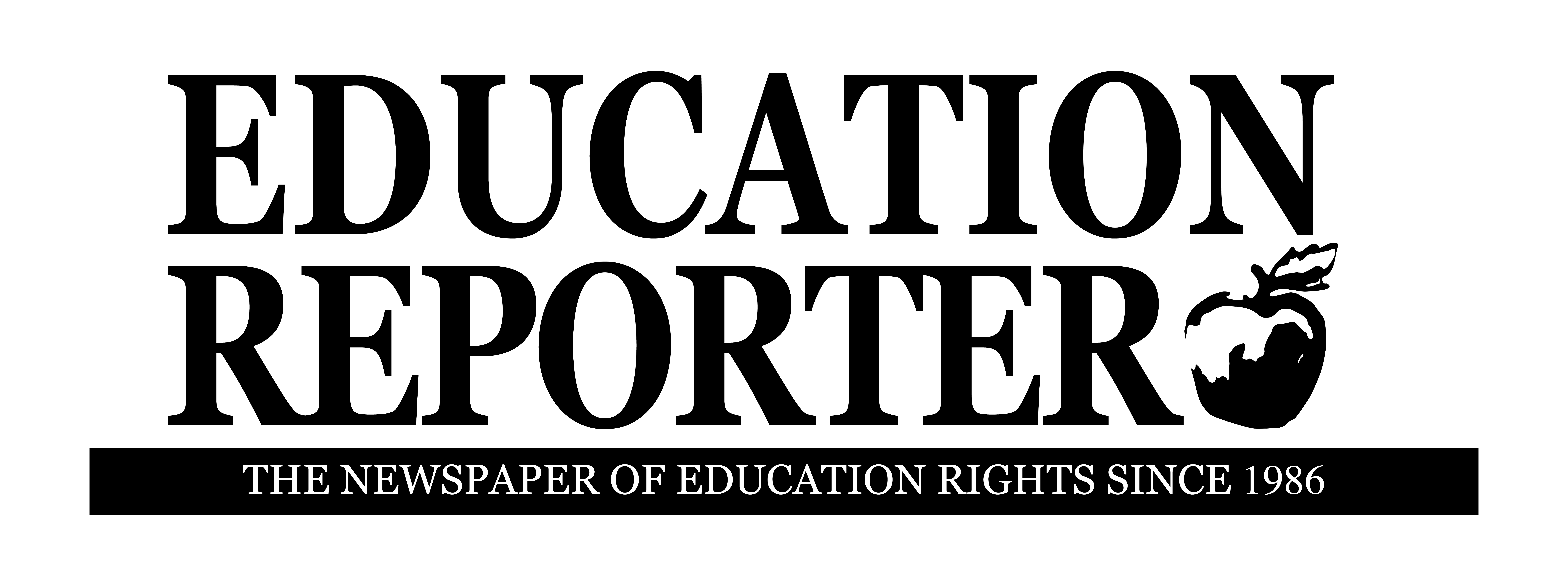Math As Indoctrination
From January 17-19, 2014, self described “social justice educators” held a conference at University High School in Los Angeles. They called their sixth annual conference “Creating Balance in an Unjust World.” The keynote speaker was Jane Margolis, a U.C.L.A. senior researcher who “studies disparities in learning opportunities that fall according to race, gender, and socio-economics.” (CreatingBalanceConference.org)
Those who believe education should equal indoctrination often utilize subjects like history, English, and social studies. But a subset of educators choose math as a way to teach students “social justice” education. Social justice is a part of socialist doctrine, wherein corrective or distributive justice ensures a “fair” distribution of wealth. Rather than actual equal opportunity, social justice proponents insist on equal outcomes, regardless of personal effort, to ensure that all citizens receive what is “due from society.”
According to the 2006 United Nations document, Social Justice in an Open World: “Social justice may be broadly understood as the fair and compassionate distribution of the fruits of economic growth … and redress of injustices” (real or perceived). This is actually redistribution of wealth because what is given is inevitably taken from other individuals. Social Justice educators see the world, and particularly the United States, as an “unfair” place where subsets of people divided by race, gender, language, sexual preferences, etc. are treated unfairly and must be catered to in order to restore what they want: something for nothing. This gives unfair perks to those who fall into certain categories, thereby penalizing the rest of society.
Conference Schedule On Friday, conference attendees visited schools to see social justice education in action. On Saturday and Sunday, conference participants attended workshops featuring lesson plans that educators could take back to their schools. Conference workshop sessions, which lasted about an hour and fifteen minutes each, included the following: That’s not fair!: Teaching Fractions to Preschoolers Through Fairness and Justice Teaching Elementary Students Mathematics Using Social Justice Contexts Reparations: A Cultural Context for Math Instruction Green Geometry: Designing a Sustainable Community Social Justice and Community Action Through Math The Oscars, Video Games, and Twitter: Critical Media Literacy and Mathematics They can’t learn OUR math: Teaching the African American Learner
Rethinking Schools Some of the workshops offered at the Los Angeles conference were taken from Rethinking Schools curricula. Rethinking Schools has been around for 27 years. According to its website:
Rethinking Schools is a nonprofit publisher and advocacy organization dedicated to sustaining and strengthening public education through social justice teaching and education activism. (RethinkingSchools.org)
There was a panel discussion on Sunday focused on using Rethinking Mathematics, a part of Rethinking Schools, in classrooms. One Rethinking Mathematics workshop was “Modeling Home: What’s Your Material World?” In this workshop teaching focuses on disparity in the world, as indicated by this synopsis:
Learn to connect middle schoolers’ experience with tight spaces to indoor living conditions around the world. By building scale model homes according to a random chance of birth, students reason in three-dimensions, practice important middle school ideas in ratio and measurement and think critically about what is a fair share of the earth’s resources.
There is disparity and unfairness in the world. One problem with social justice theory is that rather than ameliorating conditions of the less fortunate, the aim is usually to lower Western standards, and in this case, to make innocent children feel guilty and responsible for inequities.
Bill Ayers, the Obama associate who is a terrorist-turned-educator, was the keynote speaker at the Rethinking Schools 25ili Anniversary Gala in 2011. Ayers, a social justice education hero, also won the 2011 Social Justice in Education Award.
One area where Rethinking Schools has it right is their view of Common Core standards. Although the mainstream media relentlessly insists that Common Core disenchantment comes only from far-right and Tea Party groups, the current issue of Rethinking Schools magazine reports on the progressive group’s displeasure in an article titled “The Problems with the Common Core”:
The standards were drafted largely behind closed doors by academics and assessment ”experts,” nianywith ties to testing companies …. [It is] a massively well-financed campaign of billionaires and politically powerful advocacy organizations …. Rethinking Schools has always been skeptical of standards imposed from above. Too many standards projects have been efforts to move decisions about teaching and learning away from educators and schools, and put them in the hands of distant bureaucracies and politicians. (ReThinking Schools, Winter 2013-14)
Ethnomathematics Ethnomathematics is the study of the relationship between mathematics and culture. An ethnomathematics workshop offered at the January conference was “The Beauty of Mayan Numbers,” described on the conference schedule as “a lesson that’s relevant culturally and rigorous mathematically.” The workshop blurb states: “It will conclude with a discussion of how contemporary number systems that are alternative to base-I 0 can be used to strengthen numeracy and algebraic representation skills.” Teaching alternatives to base-ten number systems when all current math is based on ten seems a reach and quite possibly a waste of time for students and teachers who are already struggling to get math right.
Since states began implementing Common Core, all sorts of social justice math teaching has popped up in classrooms. It seems that if a lesson plan is labeled Common Core-aligned, no matter how misguided, it may be taught to students. Standards that “change how math is taught” leave classrooms wide open to adding social justice content.






